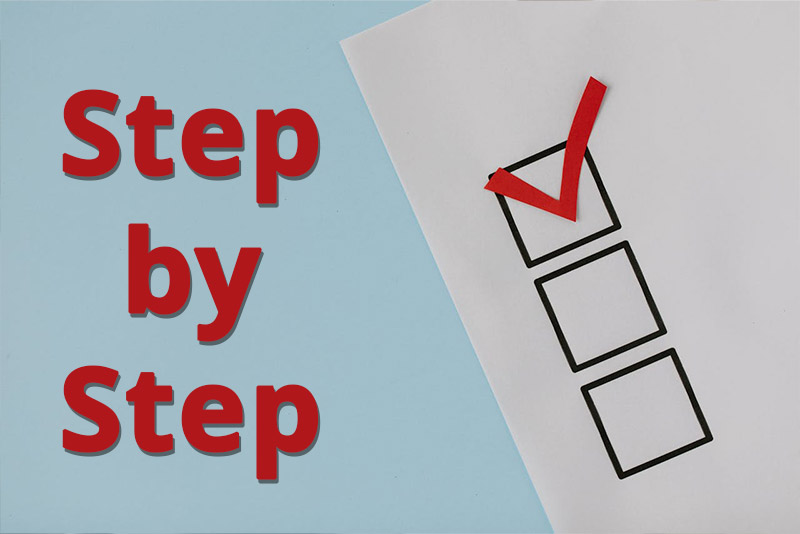For many businesses in Singapore — from SMEs and law firms to property managers, medical clinics, utilities, and corporate finance teams — unpaid debts are a recurring challenge. They can stall cash flow, disrupt operations, and strain customer relationships.
When self-managed follow-ups fail, partnering with a licensed debt collector Singapore can be the most efficient, lawful, and strategic choice. But if you’ve never worked with one before, you might wonder:
- How does the process work?
- What laws and ethics guide their actions?
- What outcomes should I realistically expect?
This guide breaks down what you can expect when engaging a licensed debt collection agency in Singapore, complete with industry-specific examples, legal references, and practical advice.
Understanding Licensed Debt Collectors in Singapore
A licensed debt collector is an agency or individual who specialises in recovering outstanding debts while complying with Singapore’s strict regulations — including the Protection from Harassment Act (POHA) and the Personal Data Protection Act (PDPA). Businesses in need of ethical and swift Bad Debt Recovery often rely on licensed debt collection agencies like Info Capital.
Key Traits of Licensed Agencies
- Membership in the Credit Collection Association of Singapore (CCAS)
- Trained recovery agents familiar with lawful collection methods
- Access to legal resources for escalated cases
- Processes that prioritise both compliance and professionalism
Step-by-Step: The Debt Collection Process
Working with a licensed debt collector follows a structured, transparent process that safeguards both creditor and debtor rights.
1. Initial Consultation and Case Review
You’ll meet with the agency to:
- Provide details of the debt (contracts, invoices, communication history)
- Verify that the claim is legitimate and within the statute of limitations
- Agree on a fee structure (often success-based)
Example:
A Singapore property management company handed over multiple rental arrears cases to a licensed agency. The review identified some that were better suited for the Small Claims Tribunal, saving the client unnecessary collection fees.
2. Debt Verification and Strategy Planning
The agency confirms the debt’s validity and tailors a recovery plan.
- B2B debts might require a formal letter of demand followed by negotiation
- Consumer debts may involve reminder notices and payment plans
3. Contacting the Debtor
Licensed collectors contact debtors via lawful, non-harassing channels, such as:
- Official letters and emails
- Scheduled phone calls
- Face-to-face meetings (when appropriate)
They avoid prohibited practices like threats, public shaming, or unlawful data disclosure.
4. Negotiation and Settlement
The goal is to recover funds quickly without escalating to court. Strategies may include:
- Offering structured repayment plans
- Settling for partial payment (if agreed by the creditor)
- Waiving late fees for immediate payment
5. Legal Escalation (If Necessary)
If out-of-court efforts fail, the agency may:
- Collaborate with partner law firms to issue a Letter of Demand (LOD)
- Recommend filing a claim with the Small Claims Tribunal or the State Courts
Singapore Example:
A dental clinic owed $15,000 by a corporate client recovered the full amount after the debtor received an LOD — without needing to attend court.
Benefits of Hiring a Licensed Debt Collector
1. Faster Recovery Times
Licensed agencies have tried-and-tested methods to secure payments swiftly, reducing the time debts remain outstanding.
2. Legal and Ethical Compliance
You avoid costly lawsuits or reputational harm caused by unlawful collection practices.
3. Preservation of Business Relationships
A professional, respectful collection can keep the door open for future business with recovered clients.
4. Reduced Internal Costs
No more diverting staff from core duties to chase late payments.
Industry-Specific Insights
SMEs
Often deal with B2B debts where unpaid invoices affect supply chain stability. Licensed collectors can handle these cases with tact to protect partnerships.
Law Firms
Client retainer and service fee disputes require an agency familiar with legal industry billing practices.
Property Management & Landlords
Tenant arrears and damage claims often involve contractual terms that a seasoned collector can navigate.
Telcos & Utility Providers
High-volume, low-value debts need cost-efficient bulk collection processes.
Medical & Dental Clinics
Missed payment plans from patients or corporate health packages require discreet handling to protect privacy.
Corporate Finance/Admin Teams
Debt collection outsourcing frees your finance department to focus on growth, not chasing overdue accounts.
Legal Safeguards in Singapore
Licensed agencies must operate under these laws:
- Protection from Harassment Act (POHA) — Prohibits harassment, threats, or intimidation.
- Personal Data Protection Act (PDPA) — Protects debtor privacy and limits how information can be shared.
- Small Claims Tribunal Act — Provides a cost-effective dispute resolution process for smaller debts.
Knowing that your agency is bound by these laws gives you peace of mind that your brand remains protected.
What You Should Prepare Before Engaging an Agency
- Complete Documentation — Contracts, invoices, payment history, and correspondence.
- Internal Payment Attempts — Evidence that you’ve tried reasonable in-house recovery.
- Clear Instructions — Your preferences for settlement terms, payment timelines, and escalation limits.
Mini Case Study: Utility Provider Success
Background:
A Singapore-based utility provider had over 500 small unpaid accounts, averaging $300 each.
Without a collector:
- Staff spent hundreds of hours on follow-ups
- Recovery rate: ~15%
With a licensed debt collector:
- Bulk recovery process implemented
- Recovery rate: 60% in 90 days
- Staff time saved: Equivalent of 2 full-time employees
Conclusion
Working with a licensed debt collector in Singapore offers a clear, compliant, and cost-effective path to recovering debts. You gain:
- Faster results
- Legal protection
- Preserved client relationships
- Reduced internal costs
For businesses in high-trust industries like law, healthcare, property, and finance, these benefits far outweigh the investment.
Don’t let overdue debts stall your growth. Partner with Info Capital, Singapore’s trusted licensed debt collection agency. We combine legal compliance, industry expertise, and proven strategies to help you recover what’s yours — efficiently and respectfully. Contact us today for a confidential consultation.
FAQs
1. What information will a licensed debt collector ask for?
A licensed debt collector will request documentation to verify the debt, such as the original invoice or contract, payment history, account statements, and contact details for the debtor. They may also ask for any correspondence you have sent to the debtor and details about attempts you have already made to collect payment.
2. How will a licensed debt collector contact the debtor?
They will typically begin with polite written notices and scripted phone calls. Communications must follow Singapore regulations, so they should avoid harassment, threats, or public disclosure of the debt. You can expect staged escalation: initial reminders, formal demand letters, and then more assertive but lawful contact if the debtor remains unresponsive.
3. What are my legal protections when using a licensed debt collector?
Licensed collectors must operate within Singapore laws and industry rules. They cannot use abusive language, make false statements, or disclose the debt to unrelated third parties. If a collector breaches these rules, you can file a complaint with the relevant regulatory body or take legal action.
4. Will a licensed debt collector take legal action on my behalf?
A licensed debt collector can advise on the potential for legal proceedings and may prepare documentation for court action, but formal litigation or filing a claim typically requires your authorization and may involve a lawyer. Collectors often try negotiation and settlement first to avoid the time and cost of court.
5. How are fees and charges handled when working with a licensed debt collector?
Fee structures vary: some collectors work on contingency, taking a percentage of recovered amounts, while others charge fixed fees or hourly rates. Any fees should be disclosed and agreed upon up front. Check the contract for commission rates, minimum fees, and any extra costs for legal action or tracing services.
6. How long does the collection process usually take, and what outcomes should I expect?
Timelines vary by case complexity, debtor responsiveness, and available evidence. Some cases resolve within weeks through negotiation or payment plans, while others may take months if tracing or legal steps are needed. Expected outcomes range from full recovery, partial settlement, to no recovery, depending on the debtor’s ability to pay and the strength of your documentation.


